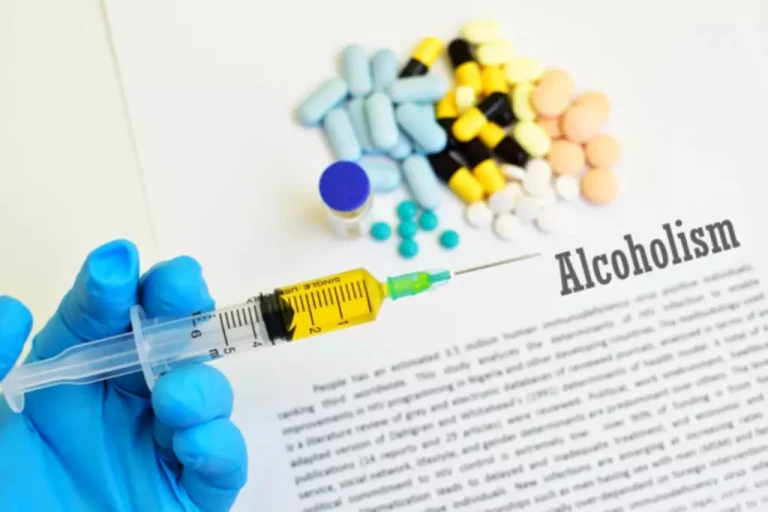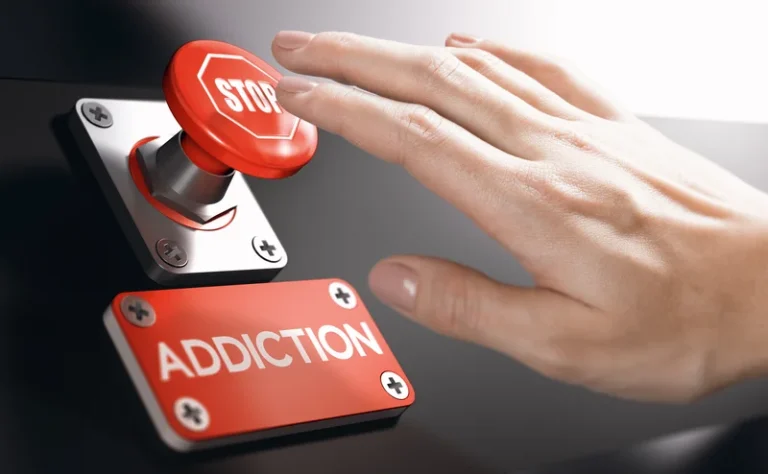
There are several keys to unlocking a swift recovery from brain fog. Sometimes, brain fog may go away on its own within a few days or weeks after quitting drinking. This can be especially true for individuals who have not been drinking for an extended period or who have mild to moderate alcohol use disorder. Those first early days of recovery can sometimes feel like you aren’t making much progress.
Alcohol Withdrawal Symptoms

This is because alcohol has a dehydrating effect on the brain, which can cause cells to shrink. As the cells shrink, the brain’s ability to process information is impaired. This can lead to difficulty concentrating, memory problems, and other cognitive issues.

What Are Withdrawal Symptoms and How to Manage Them
Getting enough sleep is one of the most important things that you can do to clear your head and get rid of brain fog and improve your cognitive function in the long term. If you’re wondering how to get rid of alcohol-induced “brain fog,” it may be alcohol brain fog time to seek professional treatment. Professional treatment can help you stop drinking and regain control of your life. In fact, many people with alcohol use disorder (AUD) who go through the detoxification process experience prolonged brain fog.
Severe Symptoms
- The impact of alcohol on neurotransmitters and brain chemistry can disrupt mood regulation and contribute to the development or worsening of these conditions.
- During prolonged and excessive alcohol use, the damage inflicted upon brain cells becomes more severe.
- This will cause your brain to automatically begin to wind down near bedtime.
- This can be done by setting limits on how much you drink, avoiding drinking in situations where you may be tempted to overindulge, and seeking advice from others.
Please keep in mind that symptoms may vary in severity, and you may not experience the full list below. It’s vital you speak with your treatment team before you stop drinking so that potentially dangerous symptoms can be avoided. Tap into your social network to help support you through alcohol withdrawal. Find a supportive friend or family member to be with you while you withdraw and support your new non-drinking lifestyle. While alcohol is a relaxant and can make you feel good at first, chronic alcohol use can cause mental health issues.
After 3 Days Without Alcohol

This is largely because our body is working hard to clear a buildup of alcohol-related toxins while also battling cravings for more alcohol, making it difficult to think clearly. I started binge-drinking (mostly vodka and bottle-wise wine) in August 2020, went through several withdrawals on my own and have been sober since August 1, 2022. During the last binge, I consumed roughly 3 liters of 40% vodka in 4 or 5 days.
- However, the time frame can be longer for people who regularly consume heavy amounts of alcohol and then stop drinking.
- By managing stress through exercise, meditation, deep breathing, and journaling, you can clear the fog and enhance your mental clarity.
- Just make sure to start slowly if you’re not used to exercising and building up your stamina over time.
Is Addiction Genetic?
How long COVID affects the body
- Senate as an expert witness on long COVID, have published extensively on it and was named as one of Time’s 100 most influential people in health in 2024 for my research in this area.
- Brain fog is that fuzzy, forgetful feeling that can happen for various reasons.
- Quality sleep is important for nearly every aspect of our health, including our metabolism, mood, and cognitive function (attention, learning, and memory).
- While many of these effects are well-known by the public, there are some effects that people are not as aware about.
- A healthcare provider can help you determine what’s causing brain fog to help you feel more like yourself.